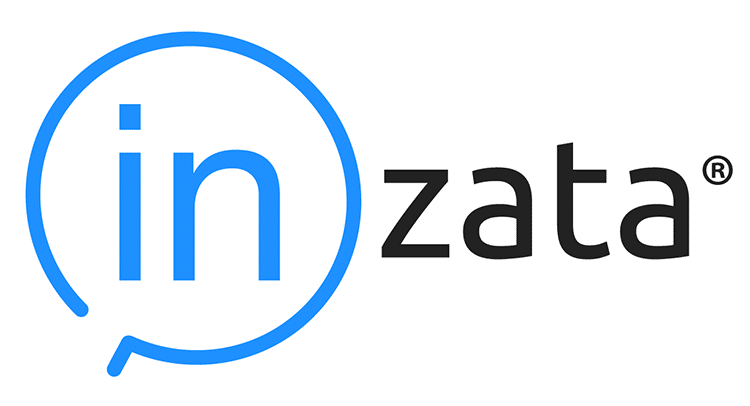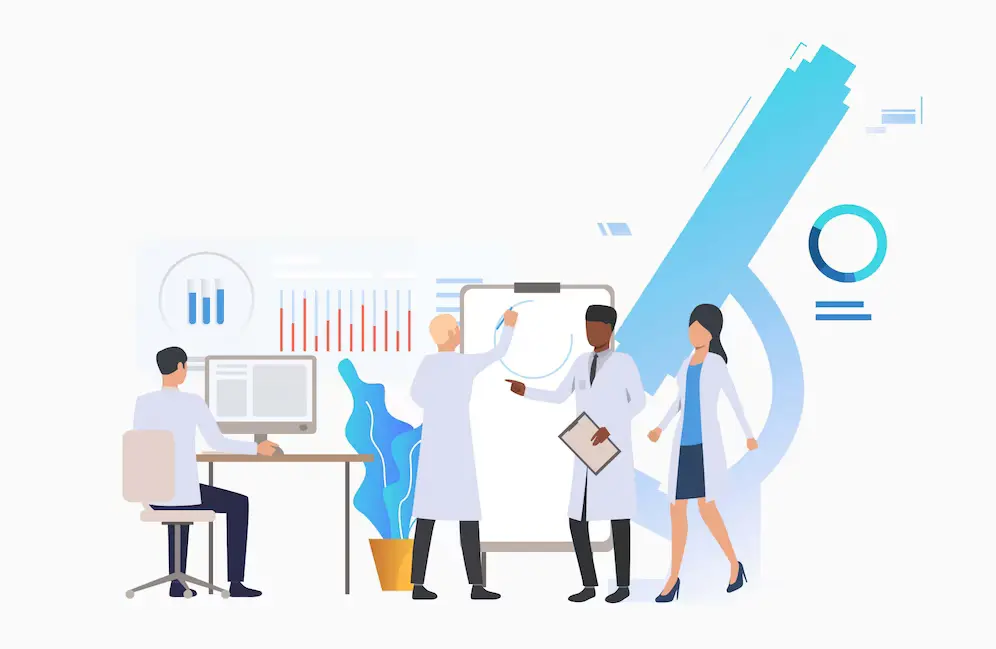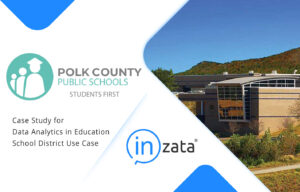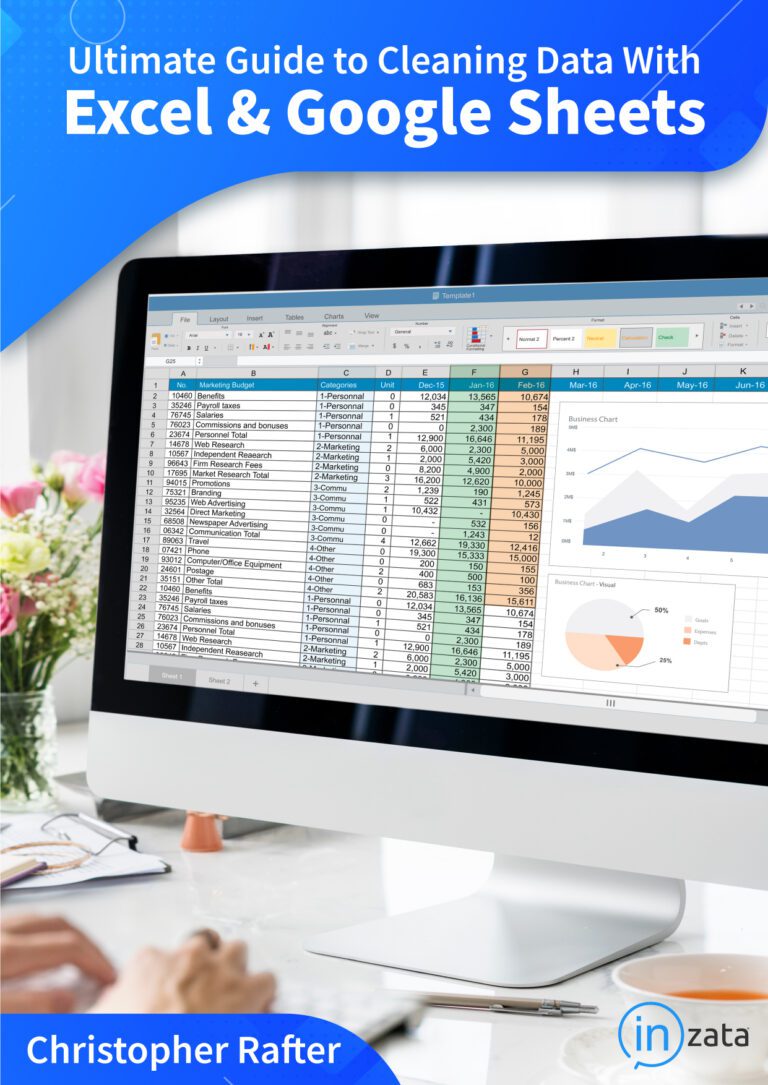The pharmaceutical industry is a field that has proven ripe for the use of data analytics. It’s an industry that has interests in getting more information from:
- Research and development
- Clinical trials
- Quality control
- Marketing
- Patient outcomes
- Regulatory concerns
- Manufacturing processes
- Inventory
Although there are strong concerns about personal privacy and regulatory compliance, the pool of anonymized data available for analysis is one of the deepest of any field out there. Both predictive and prescriptive analysis methods provide an array of tools for organizations to use. Let’s take a look at some of the basics you should know about data analytics in the pharmaceutical industry.
The What
Analytic platforms are computing systems designed to derive insights from large datasets. Most companies in the pharmaceutical industry have access to data about drugs, groups of patients, trial participants and sales. This means analytics work in the industry is extremely diverse, with research going into things like:
- Discovering new drugs
- Studying potential drug interactions
- Planning for regulatory responses
- Preparing for future market conditions
- Anticipating epidemiological trends
The analysis performed is grounded in statistical methods that are well-known throughout the scientific and business communities. Unlike many other industries, pharma is well-positioned because many of its professionals are familiar with key concepts like:
- Chi-square analysis
- Hypothesis testing
- Scientific controls
- Regression testing
To the extent that some professionals need to develop their skills, it is usually in understanding machine learning, artificial intelligence, programming and database management. Most folks in the industry, though, have the necessary backgrounds to contribute to analytics work or to quickly get up to speed.
The Why
It’s difficult to overstate just how many ways pharmaceutical companies can benefit from analytics initiatives. Consider the case of bringing a drug to market. Using machine learning to study chemical interactions can speed discovery by allowing researchers to examine millions of hypotheses at once. When simulations flag potential solutions, a company can then greenlight practical testing. Statistical methods can be employed to sort through data from clinical trials, too. If a drug proves its efficacy, the company can even use analytics to measure the potential market, identify regulatory hurdles and coordinate the filing of patents to maximize the time the product will be under control.
The How
Computing power is essential. Data analytics in any field are dependent on large-scale storage and processing, but that is a much bigger issue in pharmaceuticals. Testing the number of potential chemical combinations when working with two compounds, for example, is demanding from a computing standpoint. Expand that to creating reasonable models of in vivo interactions, and you get some idea of just how massive the processing requirements are.
Similarly, database storage and security are both major requirements. The amount of data that a project will require to get from start to finish can measure into the petabytes. Identifiable information about patients and trial participants has to be secured, and it also needs to be anonymized when put to use.
Companies stand to benefit from improvements in efficiency and processes. They also can produce new work products, turning research and anonymous datasets into products that universities, other organizations and even governments are willing to pay for. Not only can pharmaceutical companies save money through analytics, but they also can discover new profit centers and get drugs to market sooner.



